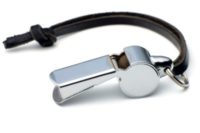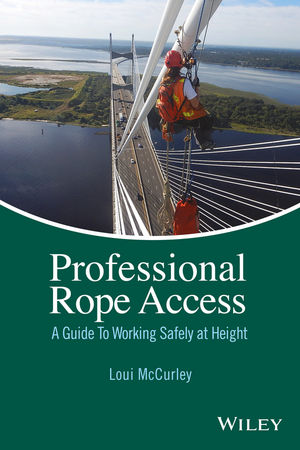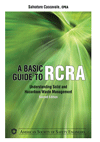Defined as the love and passion people have for certain work activities and the environment, vocational interest has been shown to successfully predict how well people perform in the workplace. However, will job applicants honestly report their vocational interests when they are told that their responses will be assessed for hiring decisions?
The answer is likely to be “No,” based on an experiment conducted by SIOP member Mengyang Cao, a doctoral candidate in industrial-organizational psychology at University of Illinois, with his collaborators, Jonathan Phan, Chelsea Song, Seonghee Cho, and Fellow Fritz Drasgow.
In the experiment, the researchers selected three types of jobs, each representing a unique type of vocational interest. They then randomly assigned an online sample of 1,835 participants to one of four conditions. Participants were instructed to respond to vocational interest measures either honestly (“this is just for research”) or imagine as if they were applying for one of the three selected jobs.
Results showed that compared to people in the honest group, participants who imagined they were applying to jobs inflated their vocational interest scores across all interest types but in an artful way that made them seem like a good fit for the job. For example, when instructed to apply for an automotive specialty technician position, participants inflated the most relevant realistic interest scores (about 79% higher than the honest condition) but not as much as their social interest scores, which were least relevant to a job as a mechanic technician. It seems that a motivated job applicant would be able to figure out which interests are important for the position and fake their scores accordingly—making them appear as the ideal candidate, the researchers explain.
These results indicate that employers could have potential problems in determining which candidates are truthful when completing their vocational assessments Cao said. Given this, he and his collaborators are working on follow-up research looking for possible ways to reduce score inflation on vocational interest assessment.
Source: The Society for Organizational and Industrial Psychology (SIOP)




